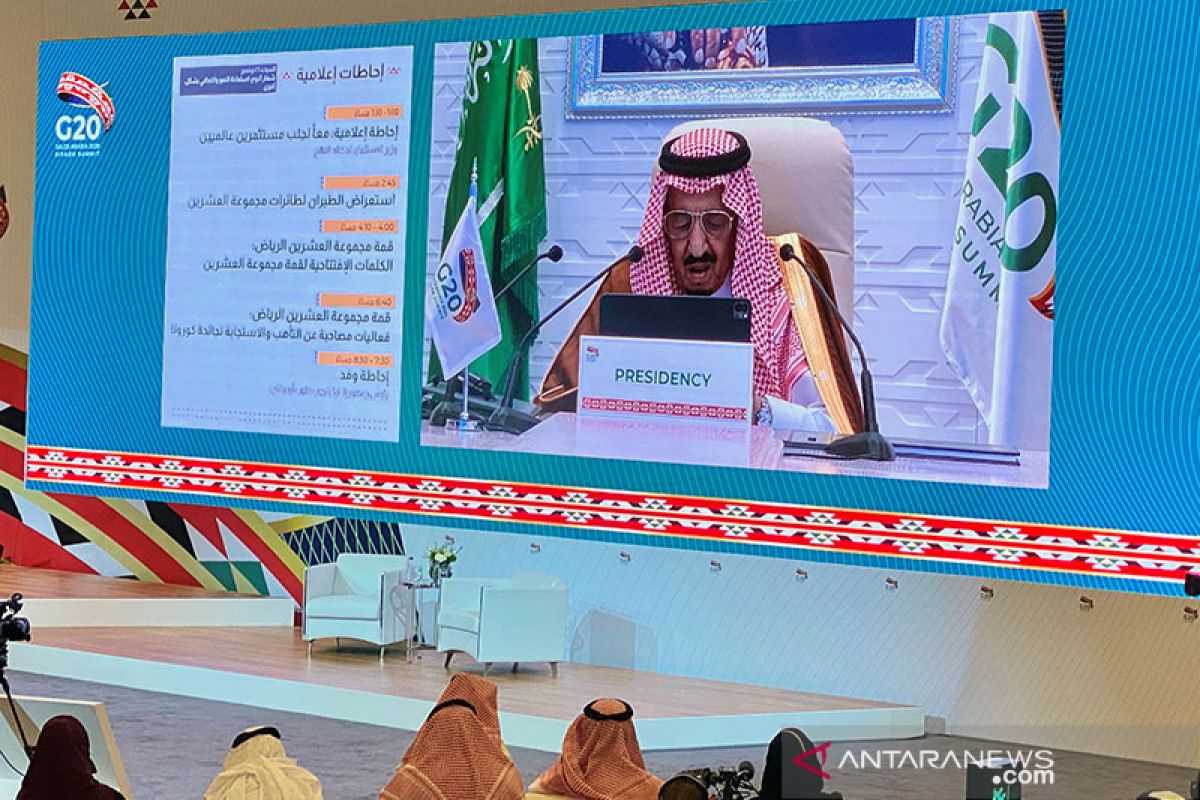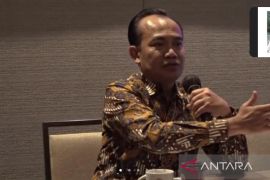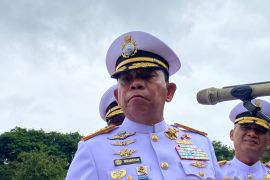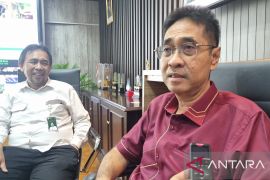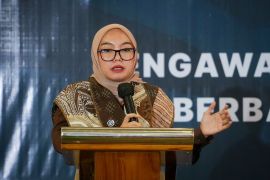Indonesia's government has suggested that major economies should put the spotlight on the creative economy sector, and it has been accommodated in the declarationJakarta (ANTARA) - The G20 Riyadh Leaders' Summit agreed on some of Indonesia's proposals, including a call on major economies to support the creative economy sector, as a catalytic step for global economic recovery following the COVID-19 pandemic.
The annual summit, organized virtually this year under Saudi Arabia’s presidency, agreed on over 30 declaration statements covering global economic and health issues, such as the COVID-19 pandemic response, equal and affordable COVID-19 vaccine distribution, and debt relief to least developed countries.
In term of the economic and financial sectors, the declaration reaffirmed G20 commitments on working together in several areas, including trade and investment, transportation and travel, international financial architecture, infrastructure investment, digital economy, international taxation, and tourism.
"Indonesia's government has suggested that major economies should put the spotlight on the creative economy sector, and it has been accommodated in the declaration," the country's foreign minister, Retno Marsudi, stated at a press briefing from the Bogor Presidential Palace late on Sunday (Nov 22).
"We will continue our efforts in collaboration with stakeholders, including the private sector, to facilitate the travel and tourism sector's recovery from the pandemic. We welcome the Tourism Community Initiative as a catalyst for recovery of the sectors, including the creative economy," the G20 Leaders' declaration this year stated under the chapter of tourism.
In a bid to revive the tourism sector, battered the most by the pandemic, leaders in 20 major economies are on the same page to endorse some of the guidelines approved at the Riyadh summit that aim to create jobs, empower local communities, protect the planet, and preserve cultural heritage.
Apart from the creative economy, Indonesia's government also called on G20 leaders to divert greater focus on the digital economy, as it also serves as a catalyst for inclusive growth, innovation, and sustainable development, Marsudi stated at the press briefing.
Following a two-day-long deliberation through videoconference, the leaders of 19 major economies and the European Union agreed that the digital economy, connectivity, and policies "have played a key role in strengthening our response to the pandemic and facilitating the continuation of economic activity," the Leaders' declaration stated.
Under the chapter of digital economy, the G20 recognized the significance of data free flow and cross-border data flows while addressing issues related to privacy, data protection, intellectual property rights, and security.
Marsudi affirmed that Indonesia's government had also contributed to issues pertaining to debt suspension for low- and middle-income countries; affordable, safe, and effective access to COVID-19 diagnostics, therapeutics, and vaccine; as well as protection of the marine environment and fight against illegal, unreported, and unregulated (IUU) fishing.
"We also put some references on the importance of protecting jobs and creating decent jobs, especially for the women and youth (at the Leaders' declaration), and to support middle-income countries in need of restructuring their debts," she remarked.
EDITED BY INE
Related news: Indonesia to chair G20 in 2022, exchanging presidency term with India
Related news: G20 approve debt relief extension till mid-2021: Sri Mulyani
Reporter: Genta Tenri Mawangi
Editor: Fardah Assegaf
Copyright © ANTARA 2020
